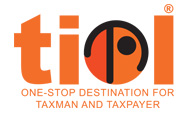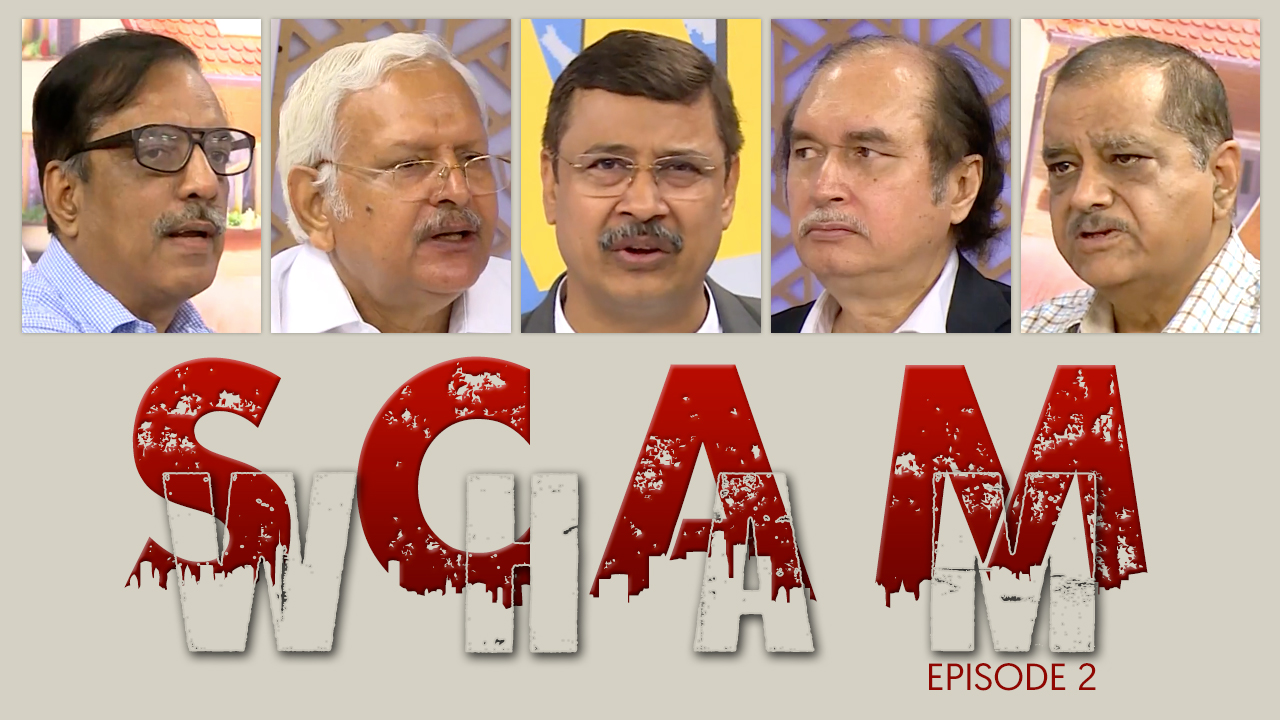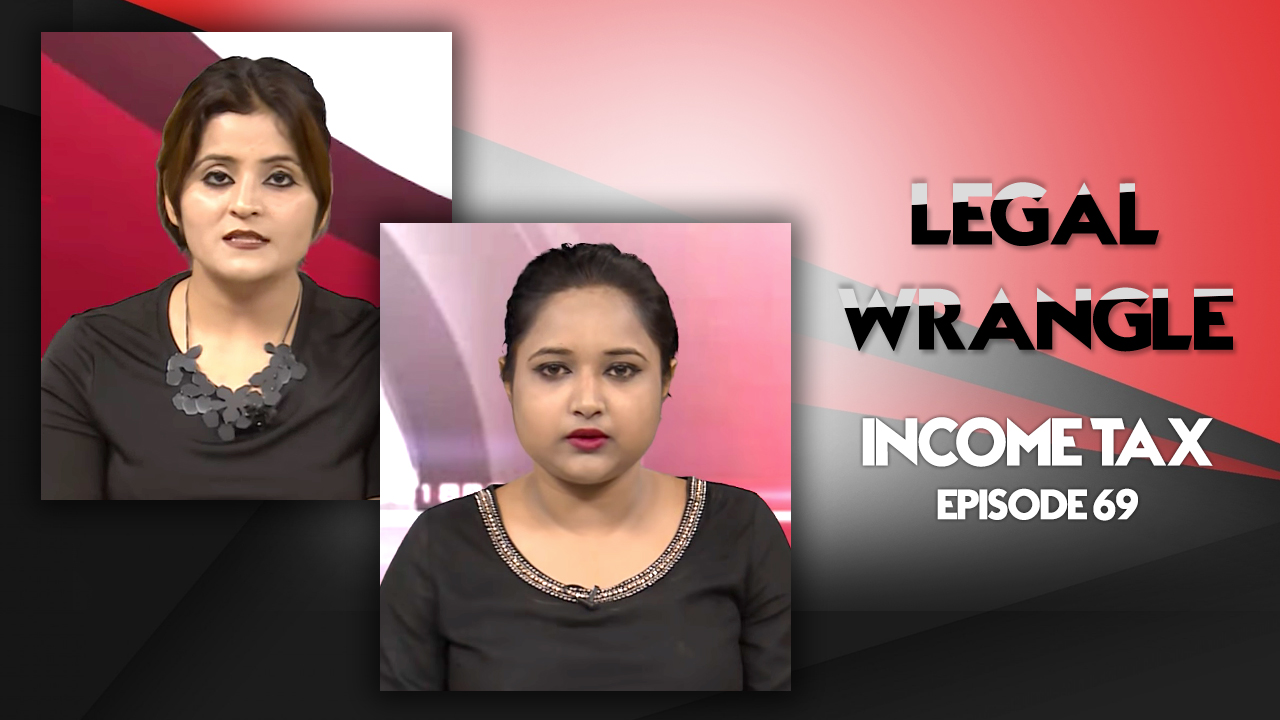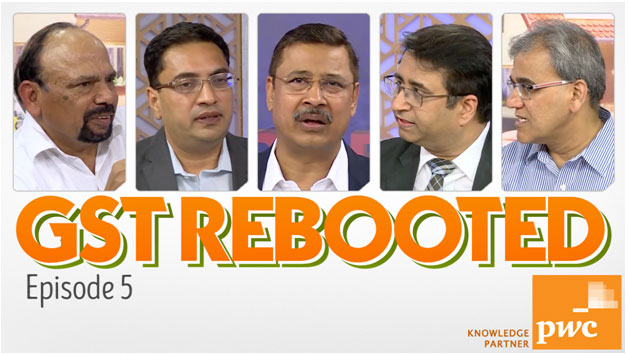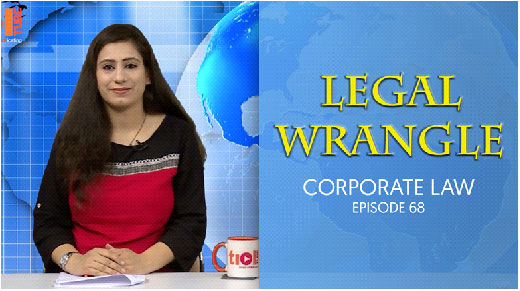|
SERVICE TAX SECTION
2018-TIOL-967-CESTAT-AHM
Indses Securities And Finance Ltd Vs CST
ST - The assessees are stock brokers registered with various stock exchanges and render stock broking services to their clients and discharge Service Tax on commissions received from them - Besides, they also collect various charges viz., NSE/BSE transaction charges, SEBI turnover fees, Stamp duty, Depository/Demat charges and Security Transaction charges, shown separately in respective invoices - Alleging that all these charges should form part of value of brokerage and commission charges collected from respective clients/customers, SCNs were issued for recovery of Service Tax on these charges from clients with interest and proposal for penalty - These charges are collected separately and in accordance with various statutory Bodies Regulations and not retained by the stock brokers but deposited with the authorities concerned viz., Stock Exchanges, hence, such charges cannot form part of the taxable value as alleged by the Dept - Allegation of department that demat charges collected by brokers are banking and financial service, hence taxable, also devoid of merit in as much such charges are collected by assessee and paid to the depository participants viz. CDSL/NSDL who are authorised to levy such charges under Depositories Act, 1996 - Thus, no merit found in impugned orders and accordingly, same are set aside: CESTAT - Appeals allowed: AHMEDABAD CESTAT
2018-TIOL-966-CESTAT-DEL
CCE Vs Kisan Sahkari Chini Mills Ltd
ST - the assessee-company ferried sugarcane from collection point to factory - The assessee did not avail and Goods Transport Agency service - The Revenue raised duty demand, which was later set aside by the Commr.(A) -
Held - An identical issue arose before the Tribunal in M/s. Ashoka Marbles Pvt. Ltd. vs. CCE, Jaipur I - Following the same, the setting aside of the duty demand is upheld: CESTAT (Para 2,5) - Appeal Dismissed: DELHI CESTAT
CENTRAL EXCISE SECTION
2018-TIOL-985-CESTAT-MUM
Voss Exotech Automotive Pvt Ltd Vs CCE
CX - Notification 21/2014-CX(NT) dated 11.07.2014 prohibiting manufacturer from taking CENVAT credit after six months from the date of issue of invoice does not apply to invoices issued prior to date of the notification – credit taken on invoices issued in March and April 2014, in November 2014, is proper and legal and cannot be denied – moreover, the invoices issued in the month of March and April 2014 become eligible for CENVAT credit pursuant to notification 6/2015-CX(NT) dt. 01.03.2015 which substituted the period of "six months" in rule 4(1), third proviso by the words "one year" - Even though the credit was not entered in so called RG23A Part-II but is recorded in the books of accounts, it will be considered as CENVAT credit was recorded - On this ground also it can be said that there is no delay in taking the credit – impugned order set aside and appeal allowed: CESTAT [para 4] - Appeal allowed: MUMBAI CESTAT
2018-TIOL-969-CESTAT-BANG
CCE & ST Vs Indian Plywood Manufacturing Company Ltd
CX - Assessee engaged in manufacture of Veneered Particle Board-commercial and were availing benefit of Notfn 148/73 CE - In terms of Notfn, goods covered by Explanation (II) of Notfn were liable to duty on their value determined in terms of Tariff Value fixed for goods - It appeared to Revenue that goods in question were Particle Boards not covered by said explanation and hence the Department took the view that goods are required to be assessed to duty at appropriate rates on value determined under erstwhile Section 4 of the Act - Goods in question are not pasted with plywood panels on one or both sides - Another argument has been advanced that the veneer is pasted on top of plywood which is first pasted on Particle Board - The Explanation to the Notfn specifically gives the benefit of Notfn to Particle Boards, veneered with plywood panels on one or both sides - The crucial aspect of benefit of Notfn get extended only when there is at least one plywood panel pasted on either side of Particle Board - In absence of such a plywood panel, benefit of Notfn cannot be extended to goods manufactured by assessee during relevant time - The Board's Circular 1989 has clarified the position that benefit of Notfn will not be allowable to Veneered Particle Boards unless they are covered with plywood panels - Even though such clarification stands given only in 1989, even for the earlier period the benefit of Notfn is not allowable for such goods as seen from the wording of explanation itself - 1989 clarification of Board has only clarified the position at a later date and there is no need to answer the question of whether the clarification is applicable retrospectively - It is on record that some of the SCNs have cited Rule 10 for demand of differential duty whereas certain other SCNs have cited Rule 10A of erstwhile CER, 1944 - Supreme Court in case of J.K. Steel Ltd. 2002-TIOL-332-SC-CX-LB have held that SCNs citing wrong Rule are not vitiated if issuing authority competent to issue it under the correct Rules has issued it - By following the decision of Apex Court, by citing Rule 10A, instead of Rule 10, demand proceedings do not get vitiated: CESTAT - Appeal allowed: BANGAKLORE CESTAT
2018-TIOL-968-CESTAT-AHM
Nirma Ltd Vs CCE & ST
CX - Assessees had availed cenvat credit on Education Cess and Secondary & Higher Education Cess paid on imported goods - SCN was issued alleging that after issuance of Notfns 13/2012-Cus and 14/2012-Cus, Education Cess and Secondary & Higher Education Cess paid on additional duty of customs levaible under Section 3(1) of CTA, 1975 r/w Section 91 & 94 of FA, 2004 and Secondary & Higher Education Cess under Section 136 r/w Section 138 of Finance Act, 2007, became exempted, accordingly, cenvat credit under Rule 3(1) of CCR, 2004 was not admissible - Whether the assesse are entitled to cenvat credit of Education Cess and Secondary Higher Education Cess paid on imported goods post March 2012 - A plain reading of clause (vi) & (via) of the aforesaid rules makes it clear that Education Cess on excisable goods leviable under Section 91 r/w Section 93 of FA, 2004; the Secondary and Higher Education Cess on excisable goods leviable under Section 136 r/w Section 138 of are eligible to credit - Under Clause (vii) additional duty of customs leviable under Section 3 of Customs Tariff Act equivalent to duty of excise specified under Clause (i),(ii),(iii),(iv),(v),(vi), & (via) is eligible to credit - The equivalent duty under clause(vi) & (via) as mentioned under cl.(vii) of CCR, 2004 after 17.3.2012 being exempted, no credit could be extended on the same - Therefore, Education Cess and Secondary Higher Education Cess paid under Section 94 of FA, 2004 and Section 139 of FA, 2007, on the aggregate duty of customs levied under Sec.12 of Customs Act, 1962 can never be held to be admissible to credit which continued to be levied before and after 17.3.2012 - The issue involved relates to pure question of interpretation of law and demand notices were issued for normal period of limitation, therefore, imposition of penalty on assesses is unwarranted, hence set aside - In the result, appeals filed by assesses are partly allowed to the extent of setting aside the penalty imposed and the appeal filed by Revenue is allowed to the extent of confirmation of denial of cenvat credit with interest: CESTAT - Appeal partly allowed: AHMEDABAD CESTAT
CUSTOMS SECTION
NOTIFICATIONS
dgft17not056
Amendment in import policy conditions of apples under Exim code 0808 10 00 of Chapter 08 of ITC (HS), 2017 - Schedule - 1 (Import Policy)
Trade Notice 26
Processing of MEIS applications under FTP 2015-20 in terms of Public Notice 62 dated 16.02.2018
CASE LAW
2018-TIOL-965-CESTAT-MAD
R K Fabrics Vs CC
Cus - the assessee-company imported 'woven cotton yarn dyed fabrics' and declared its value - The assessee claimed 0% duty under DFRC/DFIA licence under Notfn No.40/2006-Cus - On investigation, the Revenue alleged that the assessee had not declared actual GSM of the fabrics & that most of the imported goods were not meeting te limits indicated in the license - Hence the Revenue proposed to deny benefits of the Notfn. and also to confiscate some of the fabric, u/s 111(o) of the Act - Duty demand was raised with penalty u/s 112(a)(ii) - The Original authority partly upheld the duty demand & ordered re-classification of fabrics, while dropping confiscation & penalty - Later, the Commr.(A) set aside such order and imposed penalty -
Held - The original authority gave extensive reasoning for dropping confiscation & penalty - However the 40% variance in imported goods is not negligible - Hence penalty is warranted for such misdeclaration - However, the assessee claimed that the licenses were purchased from the open market & that GSM of the fabrics was declared as per as per invoices & packing list - Hence penalty u/s 112(a)(ii) stands reduced: CESTAT (Para 1,4) - Appeal Partly Allowed: CHENNAI CESTAT
|
|

